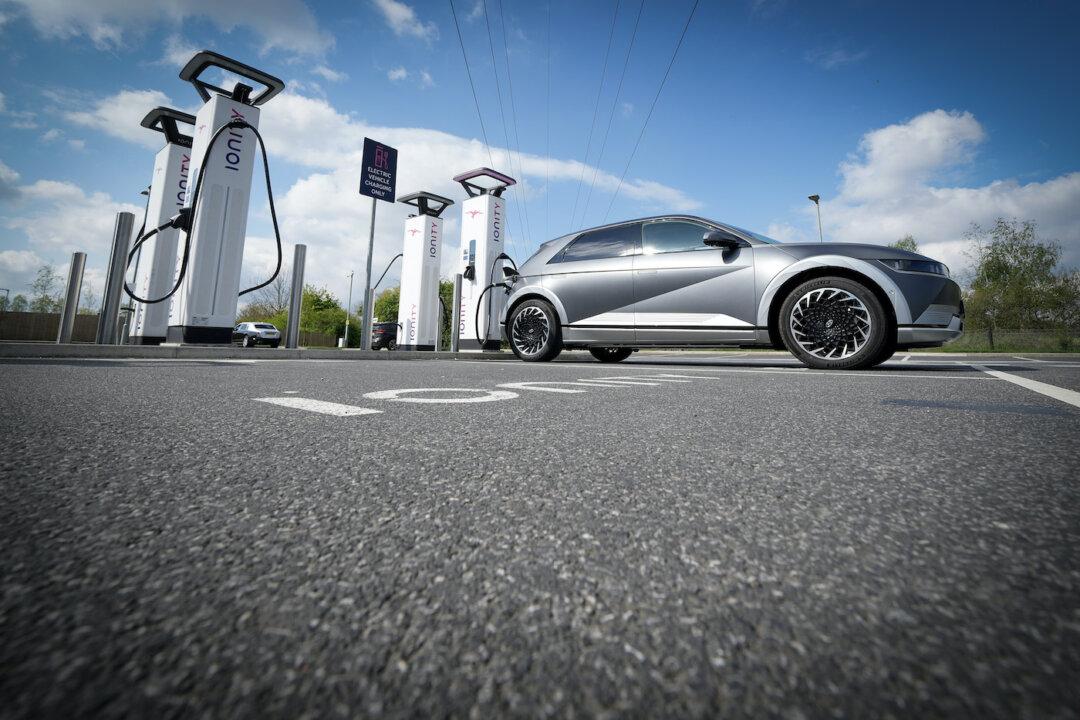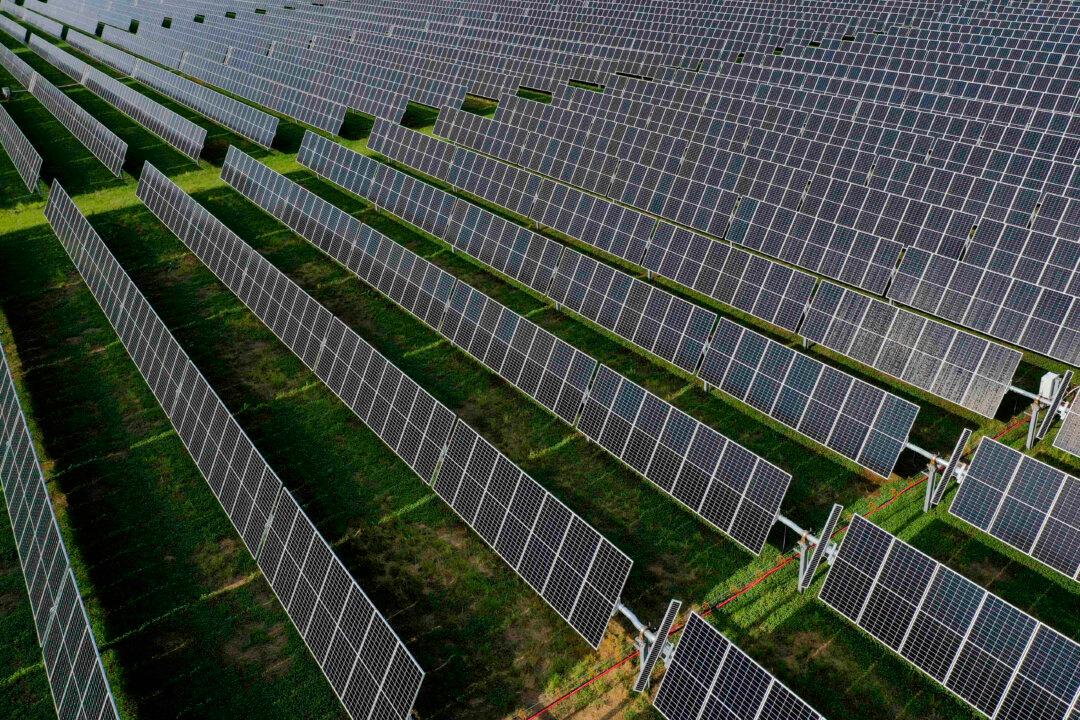Demand for electric vehicles (EVs) helped drive record sales for South Korean automakers Hyundai and Kia in the United States last month, as EV adoption continues to grow and Tesla’s dominance of the market slips.
Hyundai Motor America had “terrific” sales in November, especially for its lineup of “eco-friendly vehicles,” the company’s CEO Randy Parker noted in a statement released Thursday.





